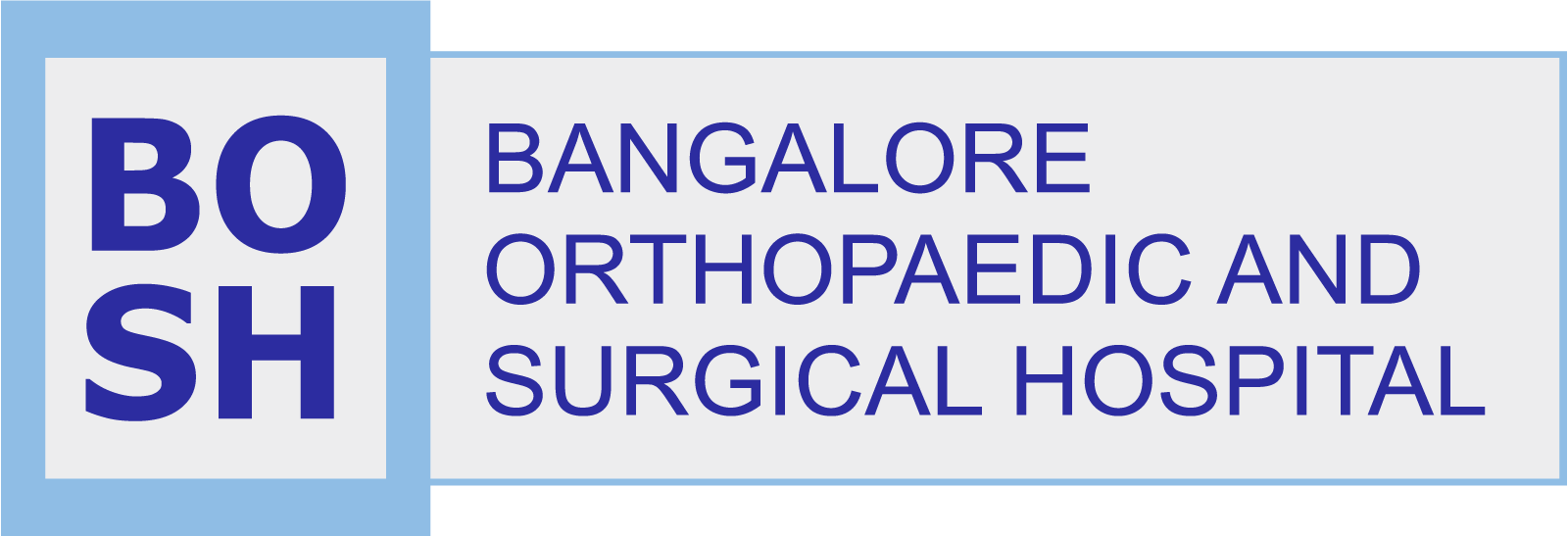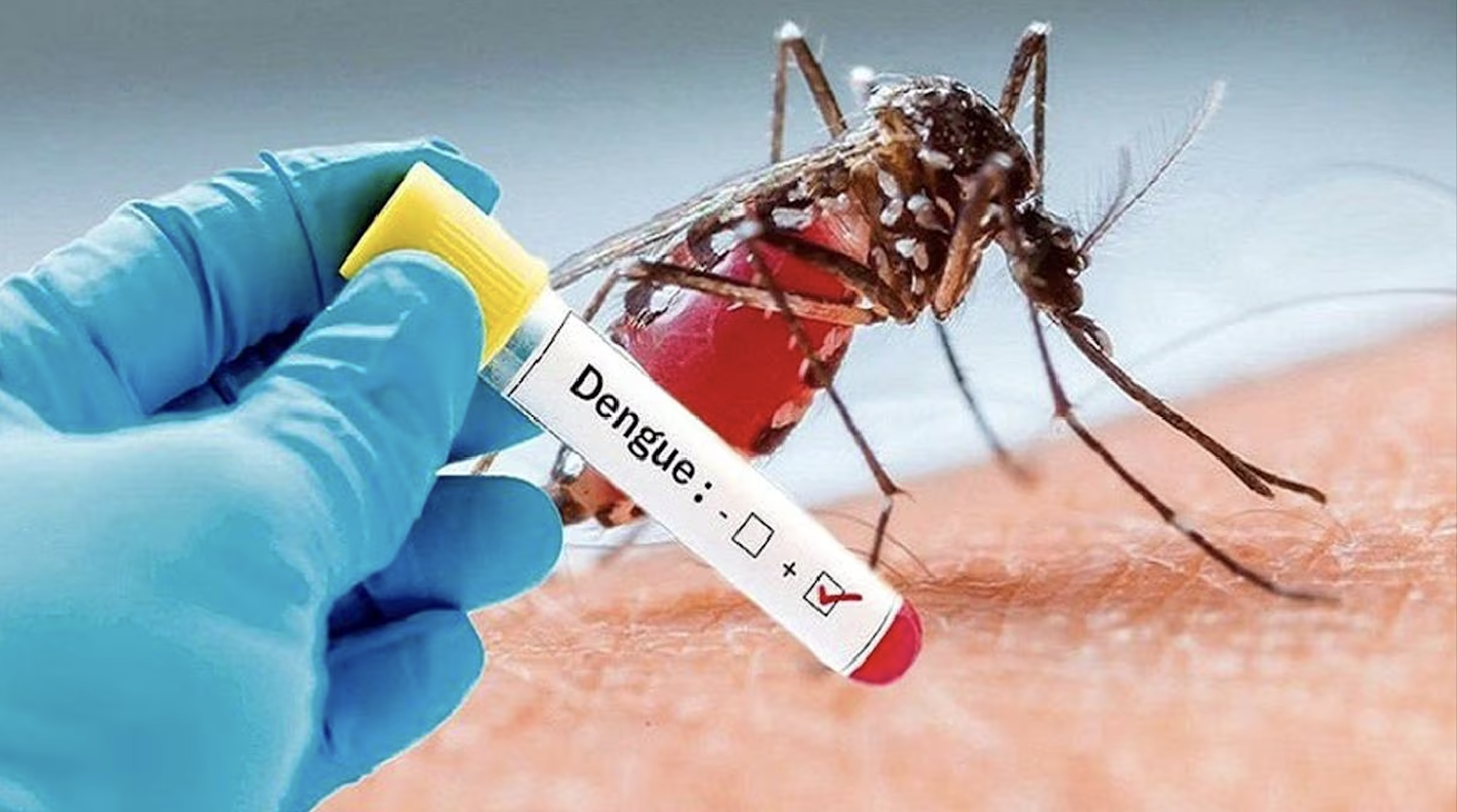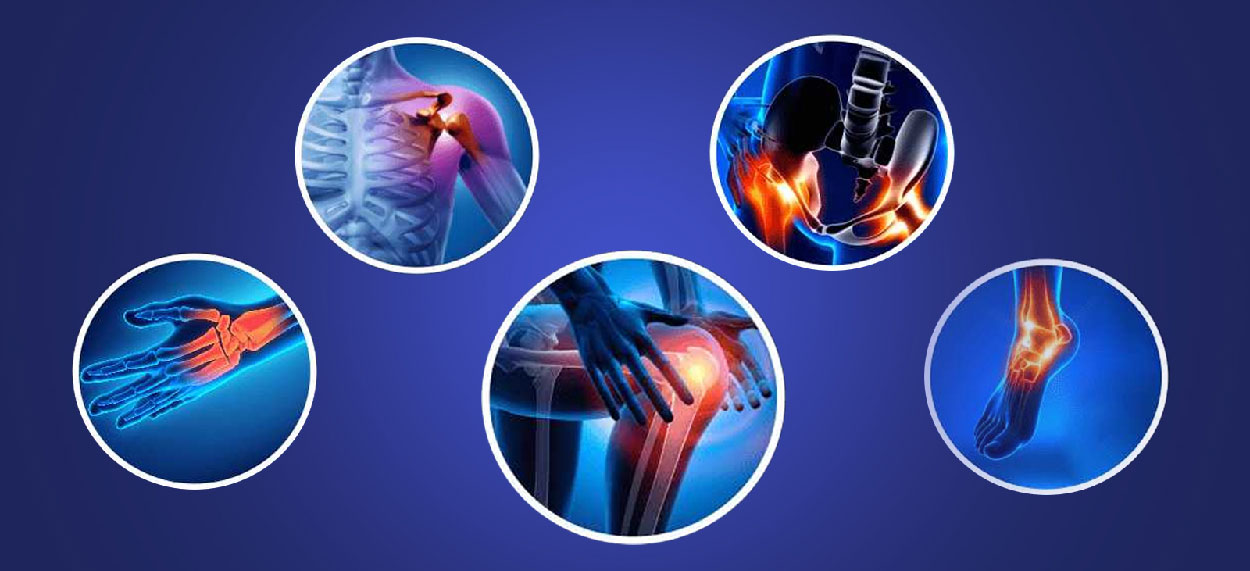World Men’s Day: A Reminder to Prioritize Men’s Health
Every year on November 19th, the world celebrates World Men’s Day, a global event to honor men’s contributions and address the challenges they face. While men play significant roles as caregivers, leaders, and mentors, their health often takes a backseat. This neglect can lead to the silent progression of serious conditions like prostate cancer, one of the most common health threats for men.
On this special day, let’s talk about how men can take charge of their well-being and why proactive care is essential, especially for conditions like prostate cancer.
Why Men’s Health Awareness is Crucial
Studies show that men are less likely to seek medical care compared to women. A combination of societal expectations, fear, and misinformation often keeps men from addressing health concerns. Unfortunately, this delay can have severe consequences, particularly for illnesses like prostate cancer, which often show no symptoms in the early stages.
Prostate Cancer: A Silent Threat
The prostate is a small gland located below the bladder in men, responsible for producing seminal fluid. As men age, this gland becomes vulnerable to various issues, including cancer.
Prostate cancer is the second most common cancer among men worldwide. It’s highly treatable when detected early, but without timely diagnosis, it can lead to severe complications.
Symptoms of Prostate Cancer
- Difficulty starting or stopping urination
- Weak urine flow
- Frequent urination, especially at night
- Pain or discomfort in the lower back, hips, or thighs
- Blood in urine or semen
- While these symptoms don’t always indicate cancer, they warrant immediate medical attention.
Who is at Risk?
Certain factors increase a man’s risk of developing prostate cancer:
Age: Most cases occur in men over 50.
Family History: A man is more likely to develop prostate cancer if his father or brother had it.
Ethnicity: Men of African and Asian descent face higher risks of aggressive prostate cancer.
Lifestyle Choices: Diets high in fat and obesity can elevate the risk.
Keywords: risk factors for prostate cancer, family history of prostate cancer, prostate cancer prevention
Steps to Stay Proactive
1. Schedule Regular Screenings
Routine screenings are vital for early detection. Two main methods include:
PSA Test (Prostate-Specific Antigen): A blood test that measures PSA levels. High levels may indicate prostate issues.
Digital Rectal Exam (DRE): A physical exam to check for abnormalities in the prostate.
Men aged 50 and above (or 45 with a family history) should discuss these tests with their doctor.
2. Adopt a Healthy Lifestyle
Eat a balanced diet rich in fruits, vegetables, and lean protein.
Limit red meat and processed foods.
Exercise regularly to maintain a healthy weight.
Avoid smoking and reduce alcohol consumption.
3. Know the Signs and Speak Up
Understanding prostate cancer symptoms and addressing concerns early can save lives. Don’t hesitate to talk openly with loved ones or healthcare professionals.
Bangalore Orthopedic and Surgical Hospital: Supporting Men’s Health
At Bangalore Orthopedic and Surgical Hospital, we are committed to improving men’s health through personalized care and advanced treatments. Prostate cancer screening and prevention are integral parts of our services, ensuring that men receive timely and effective care.
Why Choose Us?
Expert Diagnostics: Comprehensive PSA testing and imaging.
Advanced Treatments: Minimally invasive techniques for faster recovery.
Customized Care: Tailored treatment plans for every individual.
Holistic Approach: Supportive care that prioritizes physical and emotional well-being.
This World Men’s Day, take the first step toward better health. Schedule your prostate screening today.
For Families: A Shared Responsibility
Men’s health is not just a personal matter; it’s a family concern. Fathers, husbands, brothers, and sons contribute to the strength and happiness of their families. Encouraging them to prioritize their health ensures they can continue to support their loved ones.
Here’s how families can help:
- Encourage regular health check-ups.
- Promote a healthy lifestyle at home.
- Support them emotionally during medical consultations or treatments.
- Keywords: family health care, support for men’s health, men’s wellness tips
Celebrate World Men’s Day with Action
This World Men’s Day, let’s celebrate the men in our lives by empowering them to take charge of their health. Prostate cancer is highly treatable if caught early, and a simple screening can make all the difference.
At Bangalore Orthopedic and Surgical Hospital, we stand with you in promoting men’s health. Together, let’s break the silence around men’s health issues and ensure a healthier future for all.
Call us today to schedule your prostate cancer screening or learn more about our specialized services. Because caring for men’s health is the greatest way to celebrate their contributions to our lives.









